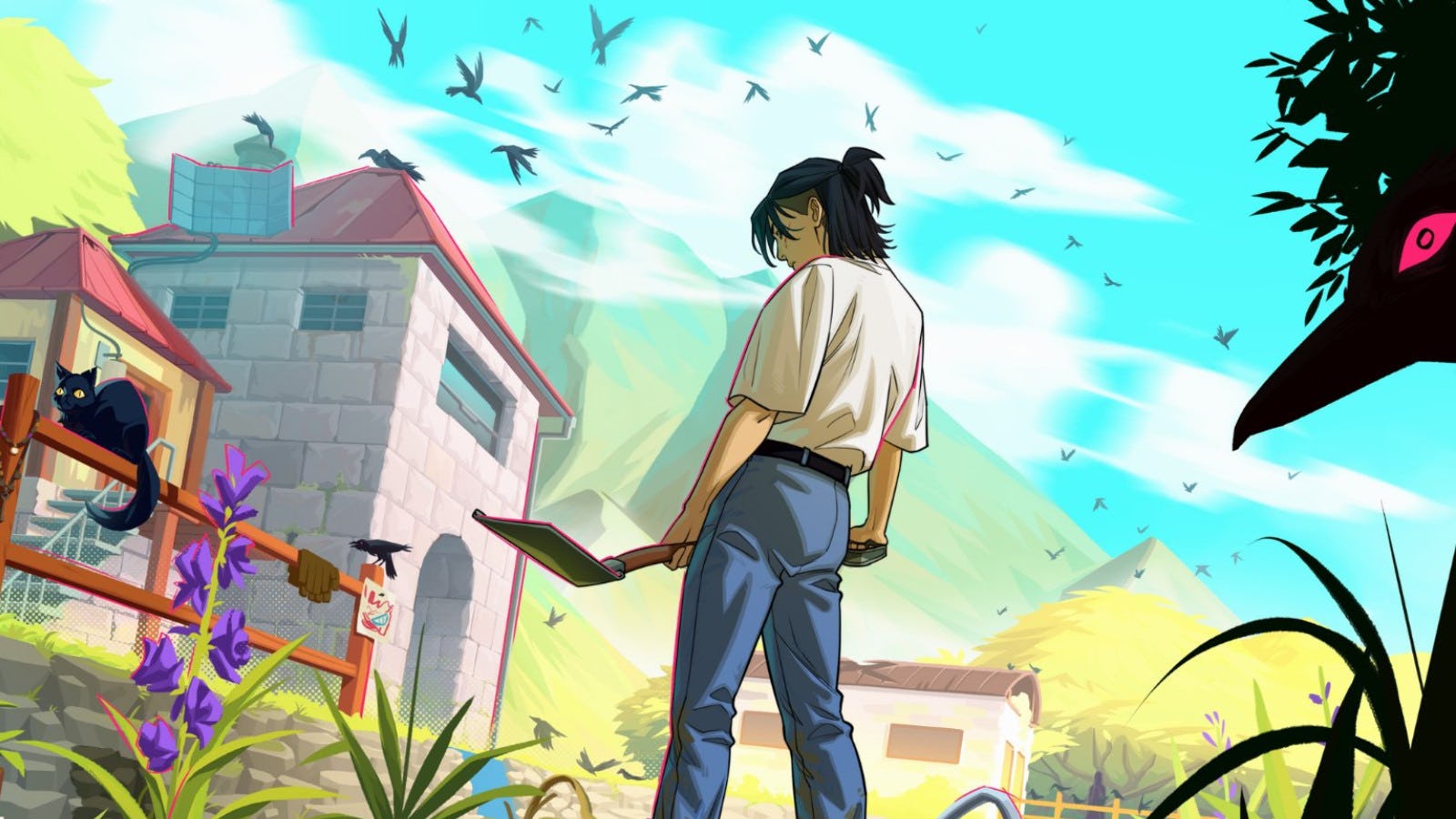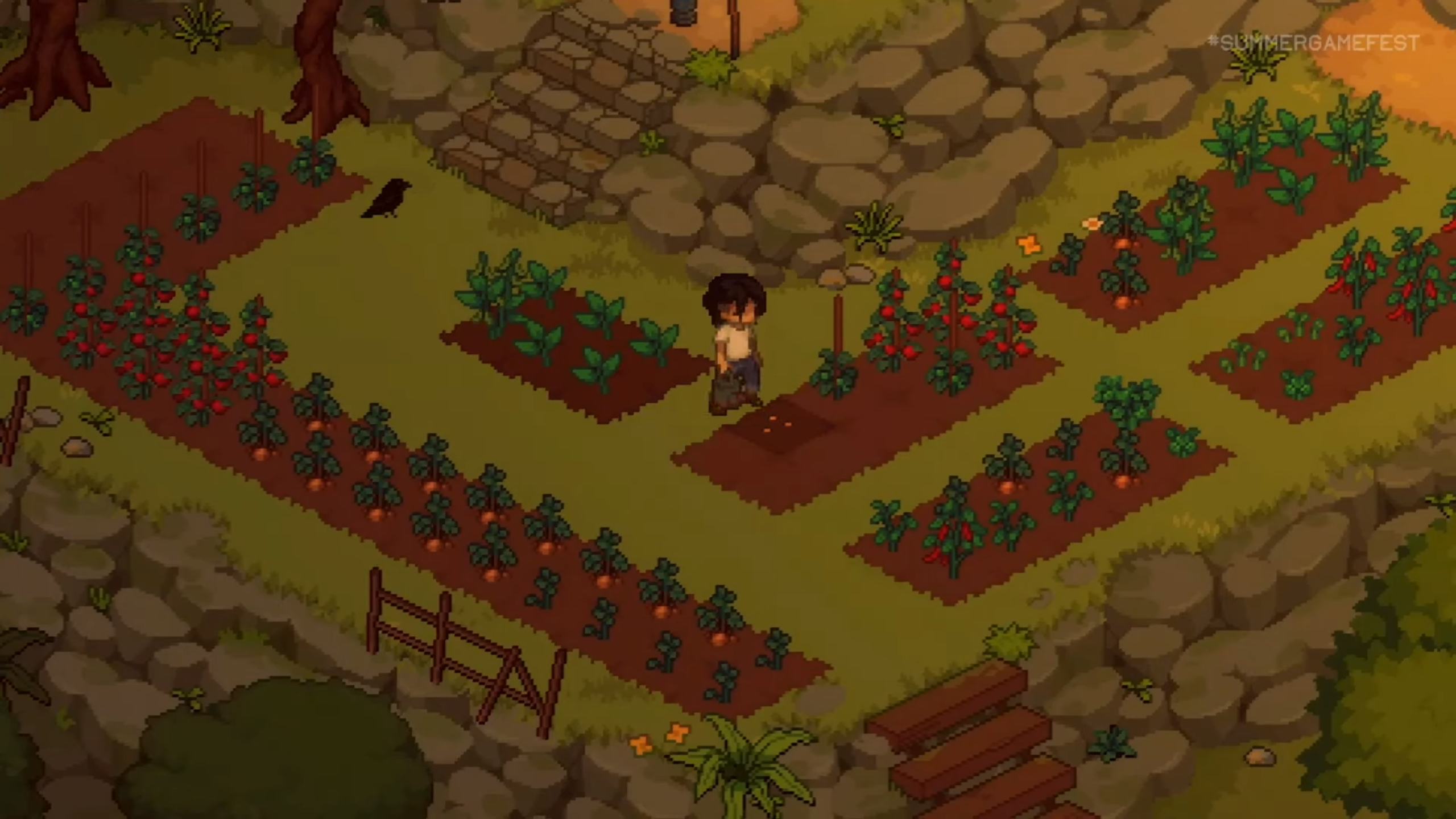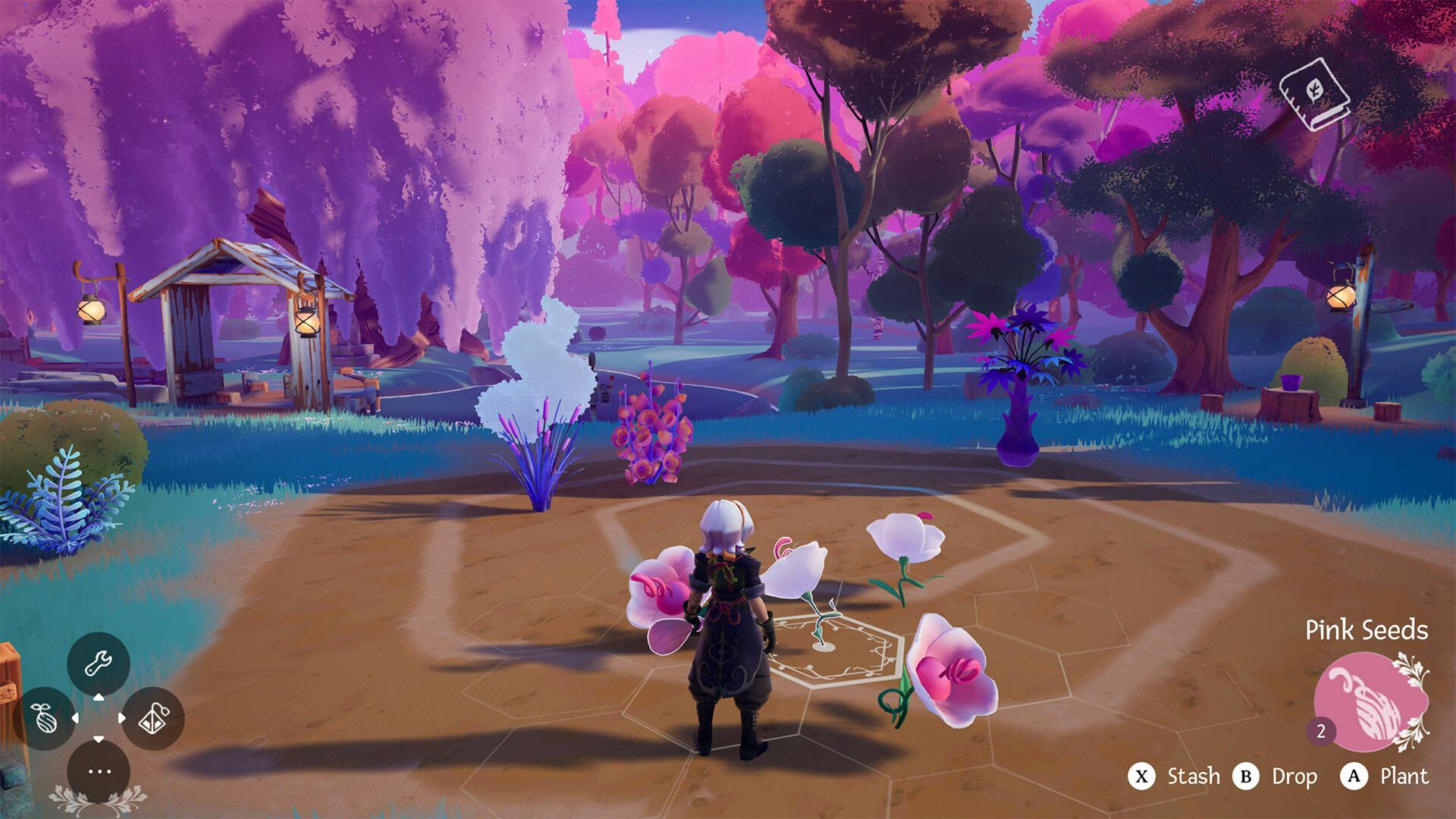
While Stardew Valley didn’t start the cozy game genre, the success of the 2016 farming sim kicked off a wave of imitations and homages as developers realized the potential of games with a more chill vibe. In the eight years since that explosion of coziness, many of the resulting cozy games stay frustratingly close to the mechanics and limitations of Stardew Valley, but two games featured at this weekend’s Summer Game Fest point toward a new kind of subversion that the genre desperately needs.
Grave Seasons and Wanderstop both appeared at this year’s showcase, and both seem — at least momentarily — like familiar cozy games. Grave Seasons is a farming sim in the vein of Stardew Valley, while Wanderstop is about running a tea shop with a cute witchy aesthetic. But in both, that cozy exterior hides something much darker, which may actually help them avoid some of the more problematic pitfalls of the cozy games movement.
I’ve lost many an hour to cozy games, from infamous behemoths like Animal Crossing to smaller indie games with their own take on the genre. But even with more games to choose from than ever, I tend to fall off of cozy games within a few hours of starting — even interesting ones, like a game that lets you farm with a mech. It was around the release of Fae Farm when I realized I might be done with cozy games. A farming sim with a more diverse cast of characters and plenty of quality-of-life changes that make getting around and doing daily chores simpler sounded like just what I wanted, but I found the whole experience shallow.
That shallowness and sameness are behind many critiques of cozy games as a whole, but there’s been even more pushback on what the genre has to say. On the surface, many cozy games present diverse worlds where players can escape the daily grind and be a part of a community. But they’ve also been criticized for recreating the sources of real-world stress they’re meant as an escape from. Stardew Valley may seem to have an anti-capitalist, community-minded spirit, since it starts with you leaving a corporate job for a simpler farm life, but it and other farming sims are all about extracting resources from the environment, earning enough money to accrue possessions, and reshaping their worlds to suit yourself. By prioritizing personal comfort and acquisition, cozy games can be seen as anti-environmentalist and anti-community despite their aesthetics telling a much different story.

At the same time, cozy games often refuse to even acknowledge the real-world stresses that players are seeking to escape by playing them. That’s not entirely a bad thing, especially for marginalized folks who need a space in gaming that isn’t full of people saying you have no right to be there. But rather than presenting a refuge from bigotry or overwork, they posit a version of the real world where those things don’t exist — or at least, where you don’t have to look at them. That can lead to a form of toxic positivity, where the mere mention of discord is looked down on as disrupting the peace, allowing a harmful status quo to remain unchallenged.
On the contrary, Grave Seasons and Wanderstop explore the dark subjects that typical cozy games seek to bury. In Grave Seasons, from developer Perfect Garbage, that darkness comes in the form of serial murderers stalking a cozy town. While it looks to play out largely like a normal farming sim, with villagers to date and crops to plant, a deadly mystery is unfolding in the shadows at the same time. It can be seen as a parody of cozy games themselves, as villagers go about their days tending to their own farms while their neighbors go missing in the night, never to be heard from again.

Wanderstop (whose developer Ivy Road includes the creators of The Stanley Parable and Gone Home), instead seems to tackle the real-world problems that cause people to seek out cozy games in the first place. Its protagonist, Alta, describes herself as a fighter, someone more comfortable in combat than serving tea to customers. In its Summer Game Fest Trailer, Wanderstop’s cozy gameplay — picking herbs, brewing tea, and talking to customers — is bookended by Alta’s inner monologue, as she alternately laments the path that’s brought her from the battlefield to the tea shop and tries to convince herself that she’s happy in her new life.
It’s still too early to say whether either Wanderstop or Grave Seasons will be the subversion that cozy games need, but they both look promising. Cozy games still have their place — I certainly don’t begrudge anyone who needs a respite from the violent power fantasies and toxic communities that are common in gaming — but there’s room to be skeptical about them, too. If Wanderstop and Grave Seasons can make players understand their own reasons for seeking out coziness and consider the horrors that an inviting facade can hide, this category will be better off for it.







